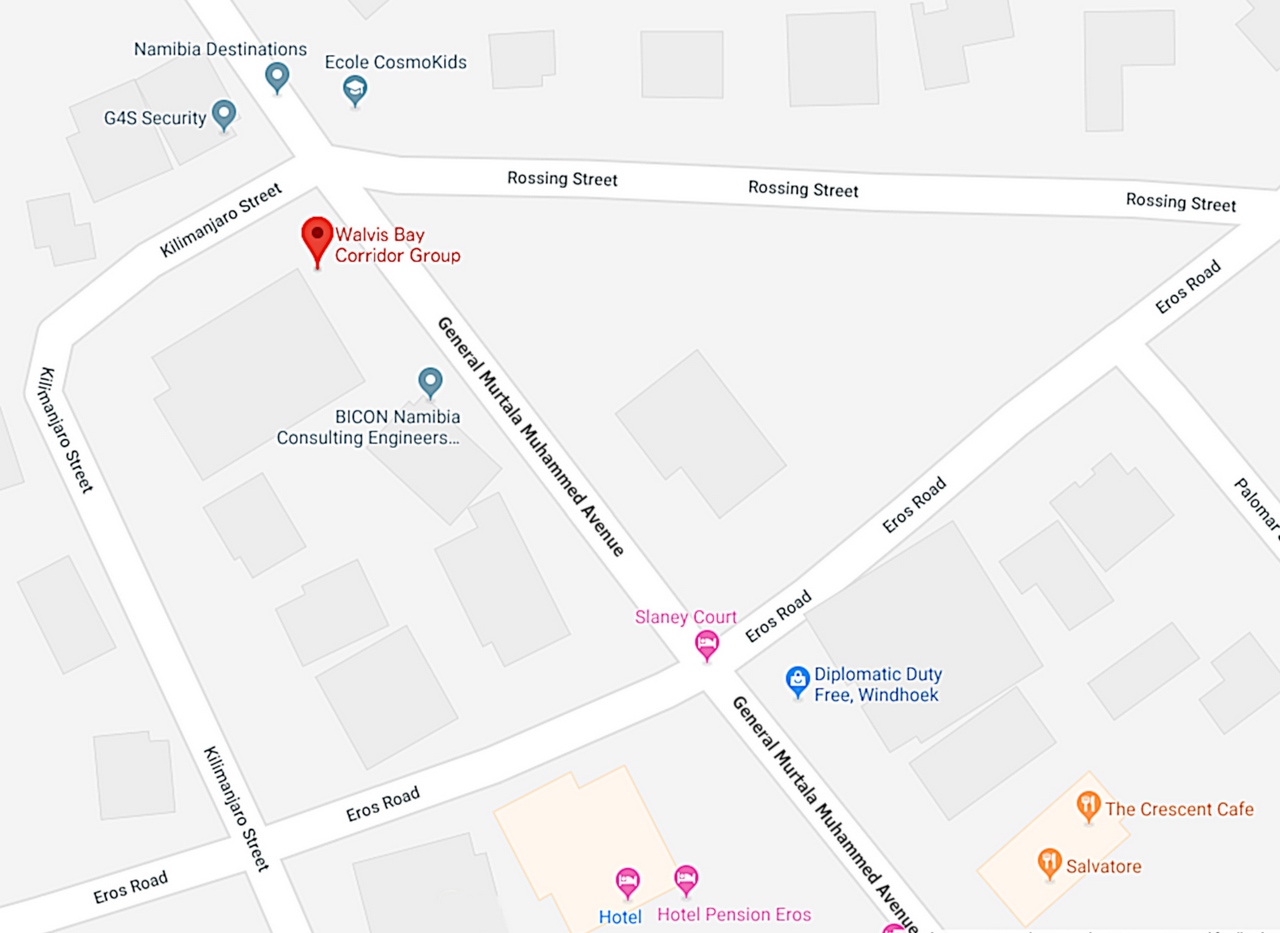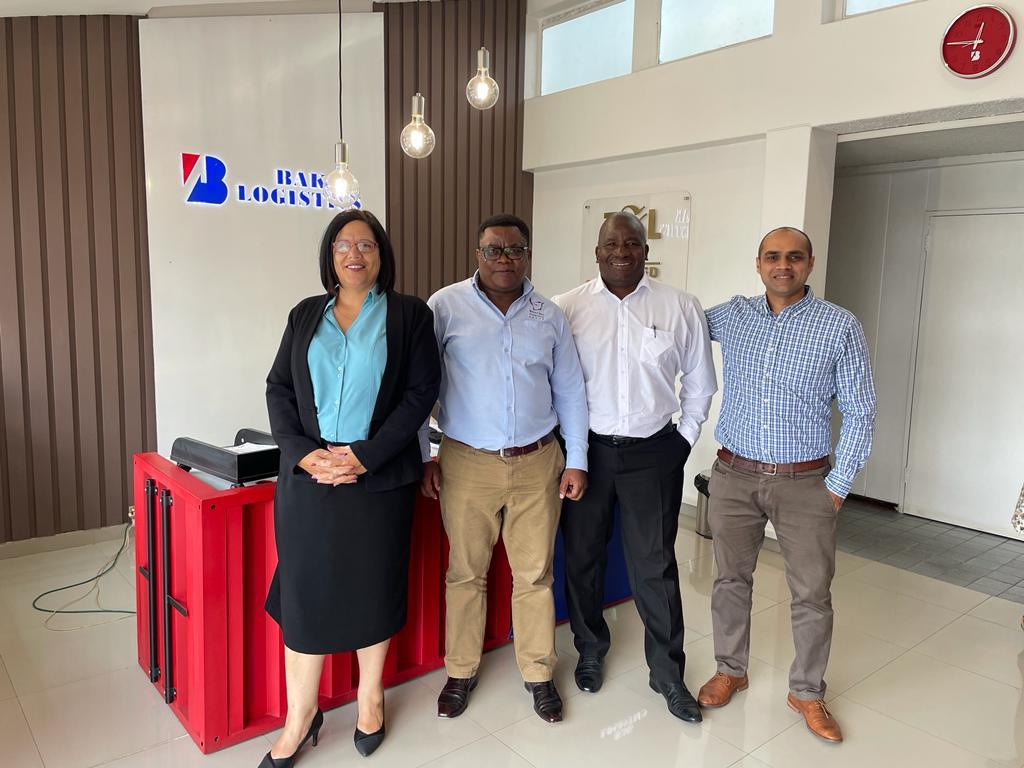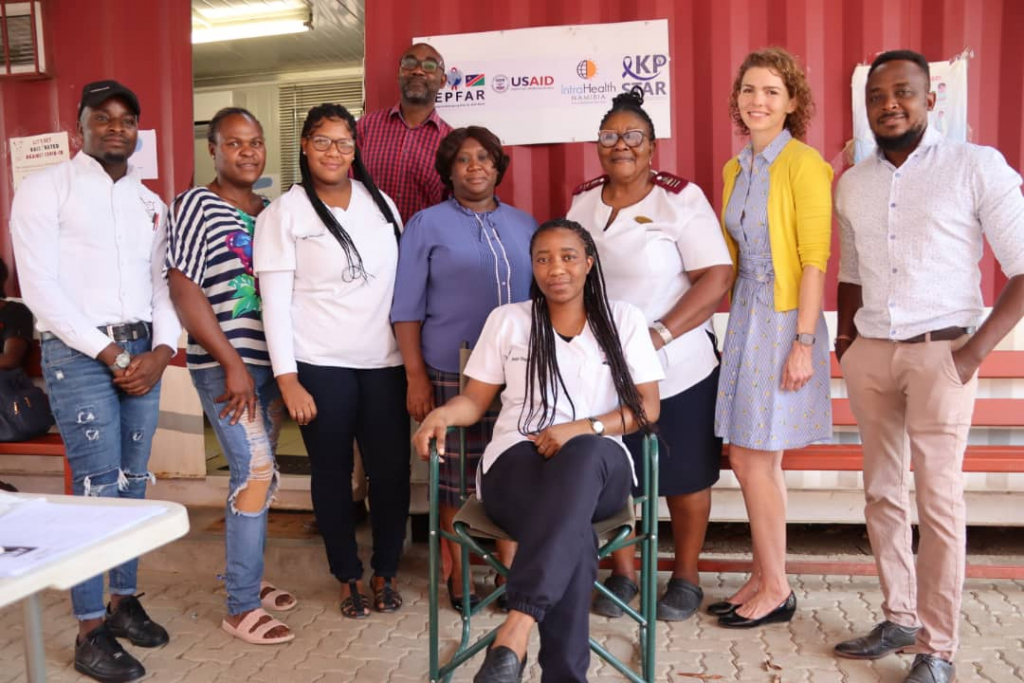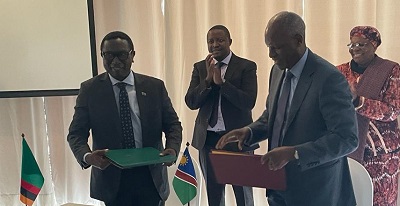Customs reform to positively impact cross border trade
Posted: 10 May 2019
Namibia’s newly formed Revenue Agency (NamRA) aims to improve compliance through increased access to regulatory information and functions as one of their components going forward.
At a recent Information Session hosted by the Trans Kalahari Corridor Secretariat (TKCS), Acting Customs Commissioner, Ms. Thandi Hambira outlined the impact of NamRA on the Buitepos Border Post on the Namibian side of the Trans Kalahari Corridor. “In support of Namibia’s Logistics Hub endeavours, NAMRA aims for faster clearance times for legitimate trade and increased transparency in regulatory processes and decision-making”, she stated. This resides with the World Customs Organization (WCO) 2019 theme of ‘SMART borders for seamless Trade, Travel and Transport’.
NamRA’s objective to improve coordination between Customs units, includes the coordination between Customs and other border regulatory agencies at an national and international level. They further aim for enhanced detection of irregularities and illicit consignments through the collection and analysis of data.
To support this new emphasis of access to vital customs information, the Customs Information Centre will offer online declaration of cargo to be accessed from the client’s office as well as pre-arrival processing for perishables, medicaments, ship spares amongst other. “Although the client reserves freedom of transit, container inspections at client, importer and exporter premises will also be carried out”, Ms. Hambira stated.
NamRA, which is scheduled to become fully operational in October 2019 will replace the Customs & Excise and Inland Revenue Departments in the Ministry of Finance. It will operate as a semi-autonomous body responsible for revenue collection, the administration of tax, customs & excise laws, as well as the efficient provision of services to taxpayers. A smooth transitional phase is envisaged to allow for adequate stakeholder consultation and operational readiness such that there is no disruption to revenue collection and trade facilitation functions.






